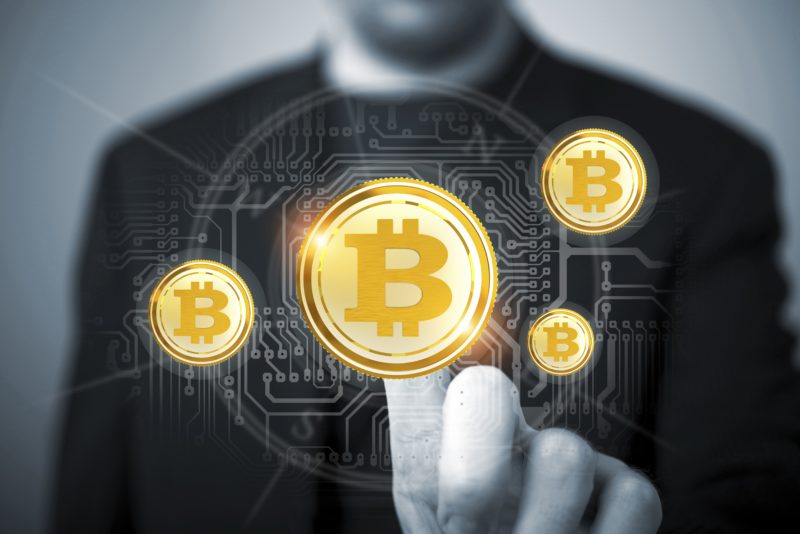
You have probably heard the terms Bitcoin and Ethereum floating around tech news, and it’s not something that can be easily explained. We will use Bitcoin to describe this. Basically, Bitcoin is a digital currency known as cryptocurrency. This is similar to the US “gold standard” currency but operates on its own and is the world’s first free market, decentralized global currency. You can use Bitcoins to purchase goods or exchange them for other currencies.
You need to think of Bitcoins in layers as they give more than standard currency. These layers are:
- Mining
- Exchange
- Storage
- Value
So where do they come from?
Bitcoins are created through an open-source data mining system similar to the lottery, yielding a commodity like gold. We are going to use this analogy to explain how this works.
“Lottery” means that your computer is trying to decipher a large 64-digit long number before anyone else on the mining network. Every time your computer gets a string correct before anyone else, a new block is created and you are awarded 12.5 Bitcoins. This isn’t a normal lottery, and a lot of miners spend a lot of money on super-fast computers. The faster your computer can mine, the more likely you will be rewarded. The rewards for a mining block also decrease by half every 4 years.
“Gold” means only 21 million Bitcoins will be created, just like only a certain amount of gold can be discoverable on earth. Because of this finite supply, Bitcoins become more valuable over time, whereas with traditional currencies there is an infinite supply as banks print money at their discretion.
And how do they work?
Bitcoins have their built-in transaction system through the above mining system. Think if the dollar, visa and gold had a baby, we would call it Bitcoin.
This transaction system is called “Blockchain”. All transaction data on the network is recorded on this. Every time a new block is mined, the transaction data is added to the Blockchain and confirmed. This is then downloaded onto every wallet, making it irreversible. All data on the network is encrypted so that miners remain anonymous.
How do you store them?
That wallet we mentioned earlier serves as a bank for each user. This is provided by the Bitcoin network which allows users to transfer Bitcoins between one another. Wallets are stored in many ways:
- Online wallet provider
- CPUY wallet
- Paper Wallet
- Mobile Wallet
- Smartphone apps
Actual Bitcoins are stored in the blockchain, the wallet service just allows you to access them and use them.
So, if it’s just currency made out of “thin air”, how does cryptocurrency have a real-world value?
As Bitcoins continue to be mined and demanded, they create more value. You can kind of relate them to Pokémon cards. The longer you hold onto these and the more people want them, the higher their value. The difference is that you can’t take your Charizard card to a car dealership and trade it for a car because it’s not a universal means of exchange like a credit card or Bitcoins.
People worked for months and spent money on hardware to mine these. By investing their time, hardware and energy in this process they created the initial value of the currency. Think of it like your primary school “cake and candy” sale, you spent time, money and brainpower making cookies for people to enjoy, and you are not giving it away for free. You need your money back from your investment. These miners did the same thing, and they started exchanging their Bitcoin for real-world currencies such as the dollar and the Euro. In turn, this allowed people outside of mining to collect Bitcoin.
Now everyone is starting to collect Bitcoin, thinking “What can I do with these things?”
Why are people investing so much into cryptocurrency?
Bitcoin is the Internet’s version of Gold. As long as we trust it and it has value, people will still invest in it. It’s open-source so there are no political or corrupt influences.
Given all the problems with the current global economies, people are losing faith in traditional forms of currency such as dollars. Governments can seize your assets if necessary, with Bitcoin, they can’t do that. The wallet is essentially your “own” bank. It’s like people hiding cash in their houses, except this is more profitable.
Cryptocurrencies aren’t an easy thing to figure out. One can compare it to trying to explain the Internet to someone in the 60s, and they might get it but without actually using it, they won’t really understand.
For a more technical explanation you can check out the original paper on Bitcoin here.



